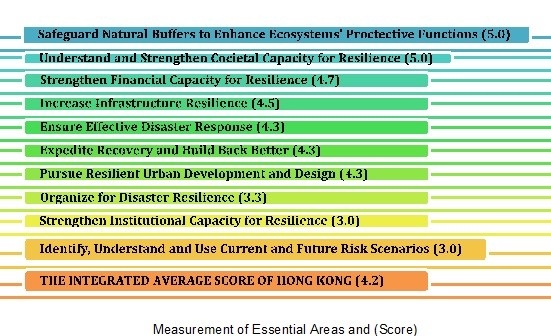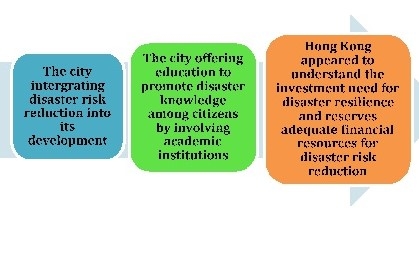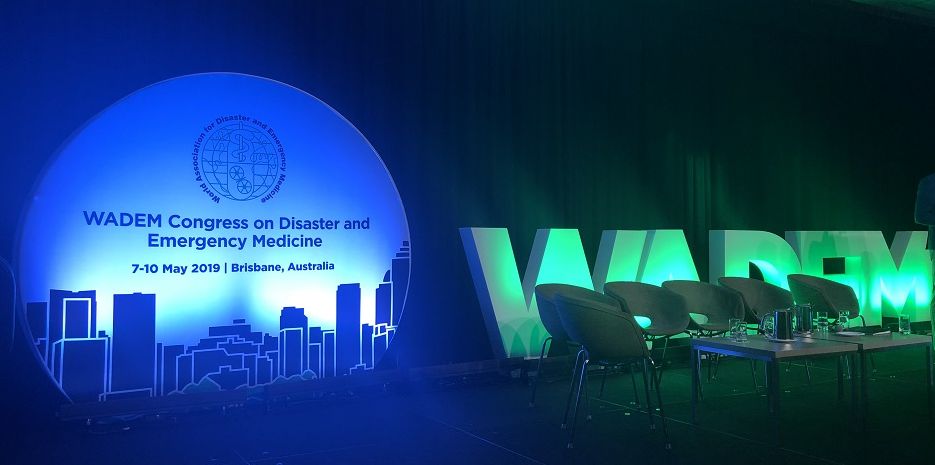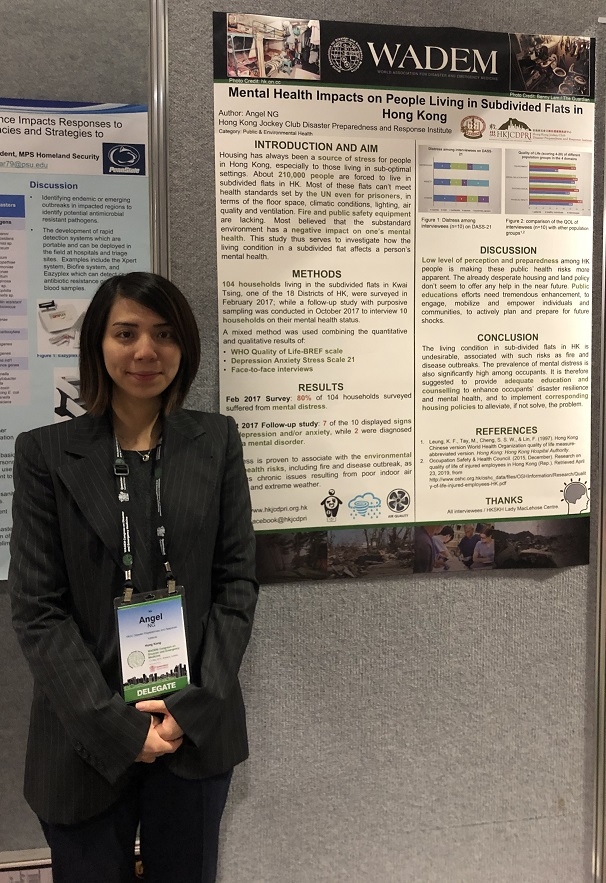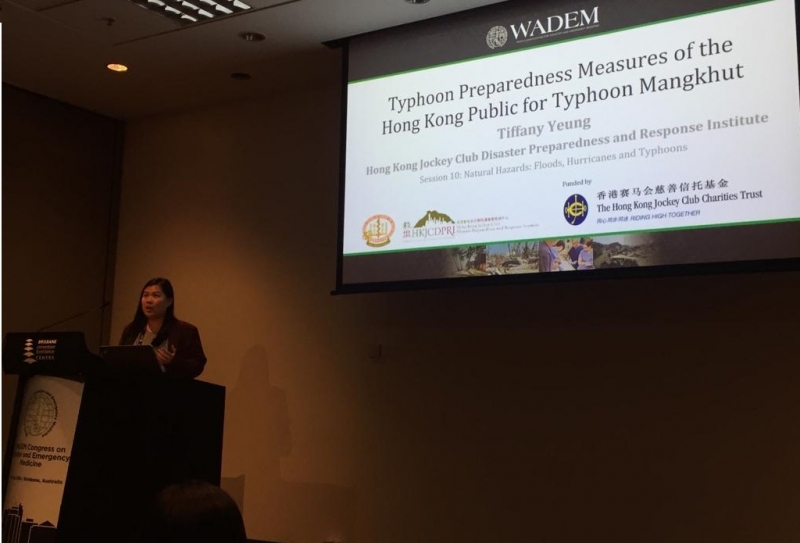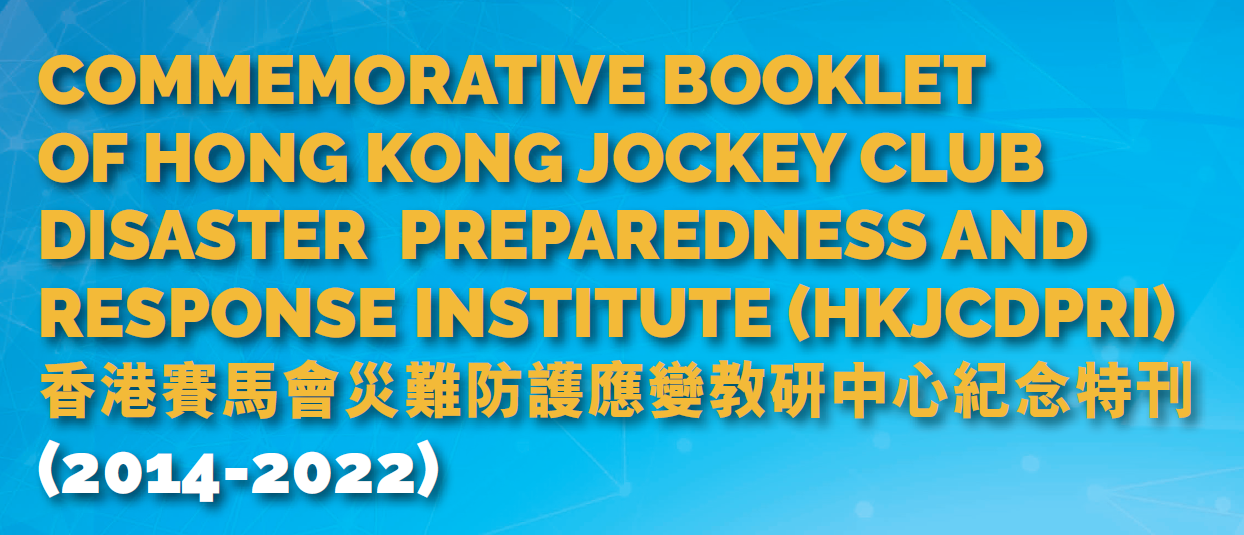You are here
E-learning Platform
E-learning Platform
We welcome participants from around the world to join our online learning platform

2019
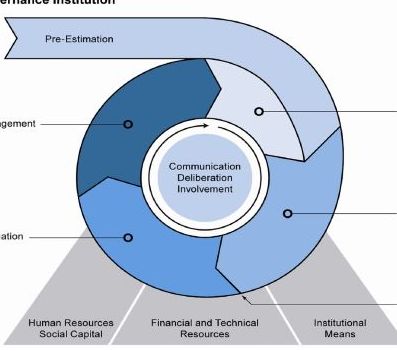
03/04/2019
People living in urban environments face multiple risks which range from financial risks, physical risks (natural hazards), technological risks (building structures, infrastructure, hazardous facilities) and social risks (violence, social dissatisfaction).These risks are often inter-linked with each other, hence, the concept of “risk governance” has been developed to provide tools to deal with complex risk situations in urban areas.
A New Framework

03/04/2019
In March 2019, the Hong Kong Jockey Club Disaster Preparedness and Response Institute (HKJCDPRI) kicked off two new programmes on disaster education for kindergartens and primary schools.
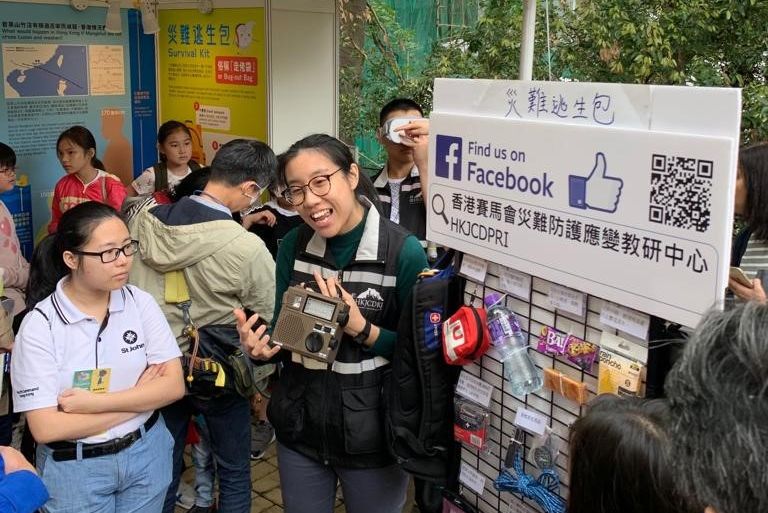
29/03/2019
The Hong Kong Jockey Club Disaster Preparedness and Response Institute (HKJCDPRI) joined the Hong Kong Observatory’s (HKO) Open Day on 23-24 March 2019, to promote community resilience by encouraging the public to prepare disaster survival kits.
Being prepared means being equipped with the proper supplies needed, in the event of a disaster. Your kit should be assembled well in advance based on your personal and family needs, since you may have to evacuate without any prior notice.

29/03/2019
The United Nations system has a special leadership role in global risk and disaster reduction by its universal character, inter-disciplinary and multi-sectoral scope and role as a forum for global dialogue.
This session contains our selected documents and guidelines published by the United Nations system such as the United Nation Office for Disaster Risk Reduction (UNISDR), the United Nations Framework Convention On Climate Change (UNFCCC), The United Nations Human settlements Programme (UN-Habitat) and other related agencies.
Pages
E-learning Platform
This page lists all of HKJCDPRI’s or our collaborating partners’ online learning resources, including Certificate-bearing e-Learning modules, webcasts and case studies.
All resources listed here are freely and publicly available. We ask users to use them with respect and credit the authors as appropriate.
You may have to log onto DPRI’s Moodle Platform in order to access some of the materials.





